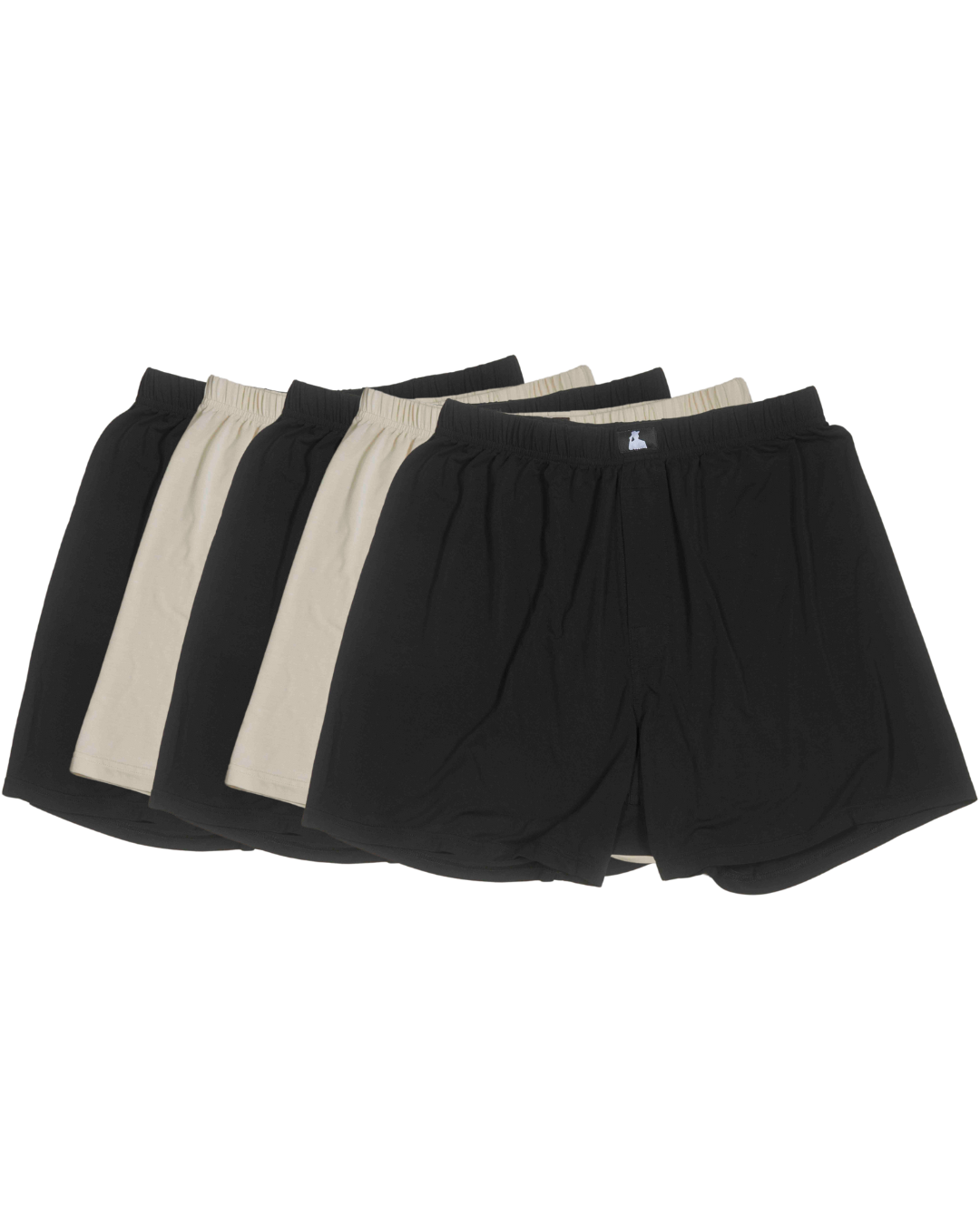The Best Fertility Supplements for Men, Backed by Science
- National Institutes of Health. (2020, January 7). Zinc, folic acid supplement does not improve male fertility, NIH study suggests. Source.
- Akhigbe, T., Fidelis, A., Adekunle, A., Ashonibare, T., Akorede, A., Shuaibu, A., Hassan, A., Adegbola, A., Ashonibare, A., Oladapo, A., Adeogun, A., Bamidele, A., Oyedokun, A., Mukolokota, O., Kukoyi, O., Oladipo, O., Adelowo, A., Akangbe, A., Hughes, S., Ricken, A., Culty, M., Avellar, M. C. W., & Akhigbe, A. (2025). Does coenzyme Q10 improve semen quality and circulating testosterone level? A systematic review and meta-analysis of randomized controlled trials. Frontiers in Pharmacology, 15, 1497930. Source.
- Dimitriadis, F., Borgmann, H., Struck, J. P., Salem, J., & Kuru, T. H. (2023). Antioxidant supplementation on male fertility-A systematic review. Antioxidants, 12(4), 836. Source.
- Li, K.-p., Yang, X.-s., & Wu, T. (2022). The effect of antioxidants on sperm quality parameters and pregnancy rates for idiopathic male infertility: A network meta-analysis of randomized controlled trials. Frontiers in Endocrinology, 13, 810242. Source.
- Hackensack Meridian Health. (2021, February 17). 5 male infertility myths demystified. Source.
- Shafik, A. (1993). Effect of different types of textile fabric on spermatogenesis: An experimental study. Urological Research, 21(5), 367–370. Source.
- Dimitriadis, F., Borgmann, H., Struck, J. P., Salem, J., & Kuru, T. H. (2023). Antioxidant supplementation on male fertility-A systematic review. Antioxidants, 12(4), 836. Source.
- Hoek, J., Steegers-Theunissen, R. P. M., Willemsen, S. P., & Schoenmakers, S. (2020). Paternal folate status and sperm quality, pregnancy outcomes, and epigenetics: A systematic review and meta-analysis. Molecular Nutrition & Food Research, 64(9), e1900696. Source.
- Cito, G., Cocci, A., Micelli, E., Gabutti, A., Russo, G. I., Coccia, M. E., Franco, G., Serni, S., Carini, M., & Natali, A. (2020). Vitamin D and male fertility: An updated review. World Journal of Men's Health, 38(2), 164–177. Source.
- Garolla, A., Petre, G. C., Francini-Pesenti, F., De Toni, L., Vitagliano, A., Di Nisio, A., & Foresta, C. (2020). Dietary supplements for male infertility: A critical evaluation of their composition. Nutrients, 12(5), 1472. Source.
- Harlev, A., Agarwal, A., Gunes, S. O., Shetty, A., & du Plessis, S. S. (2015). Smoking and male infertility: An evidence-based review. The World Journal of Men's Health, 33(3), 143–160. Source.
- Chisholm, P. (2018, August 8). Boxers or briefs? Experts disagree over tight underwear's effect on male fertility. NPR News. Source.


